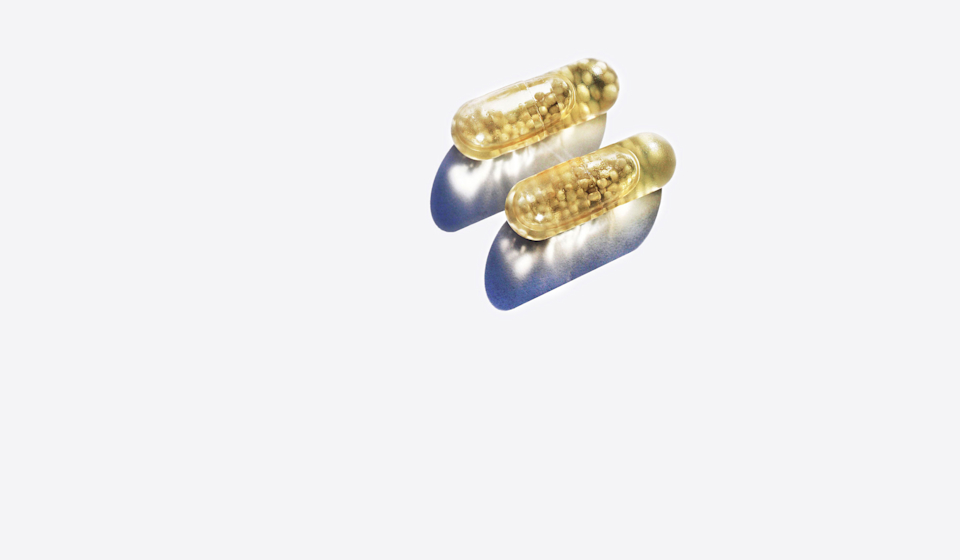When navigating the dietary supplement market, we understand how tricky it might be to really know that you’re getting a good value out of your go-to multivitamin. There are lots of factors to consider, after all: Do I need all of these ingredients, and are they doing their job to support my health? Are there any shady additives I don’t recognize on the label? What role does my diet play? What’s the brand’s environmental footprint?
As fellow skeptics, we’ll just say this: If you’re pondering any (or all) of these things, then you’re already on the right track. So let’s dig into the items to look for in a quality multivitamin.*
The multivitamin takes a “less is more” approach to ingredients.
We think that ideally, a healthy diet should do most of the heavy-lifting—if you’re eating a nutritious diet most of the time, then you may be meeting a lot of your nutrient needs already. But since some nutrients can be harder to get enough of through diet alone than others, the point of a quality daily multivitamin should be to help fill nutrient gaps. That’s not even to mention that when we overdo it on one nutrient, it can actually impact the way we use others. In other words: More isn’t always better.*
Want a couple of examples? Vitamin C is definitely important where your health is concerned—it’s an antioxidant, and helps to support collagen and normal immune function. But the vast majority of us are getting enough vitamin C through the foods we eat, so you may not need it in a multivitamin.* (1,2)
Then there’s calcium. You’d probably assume that getting extra of this bone health superhero couldn’t hurt, right? Well, the truth is that many of us can meet our calcium needs with a balanced diet, and emerging research suggests that overdoing it on calcium could ultimately do more harm than good. The bottom line: Instead of supplementing with extra calcium, you may want to focus on calcium-helper nutrients like vitamin D3, vitamin K2, magnesium and boron, which all lend extra support when it comes to bone health.* (3,4)








